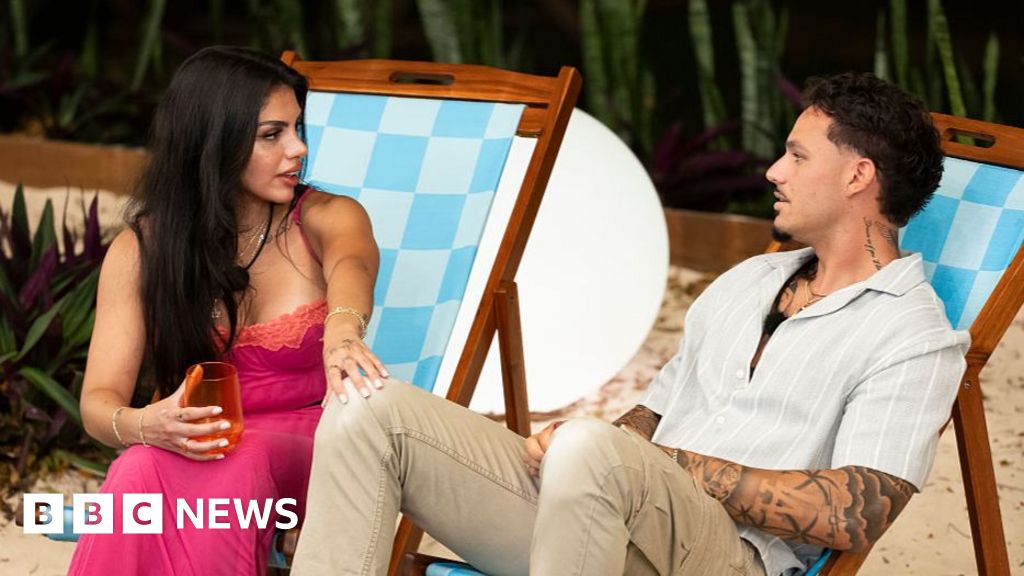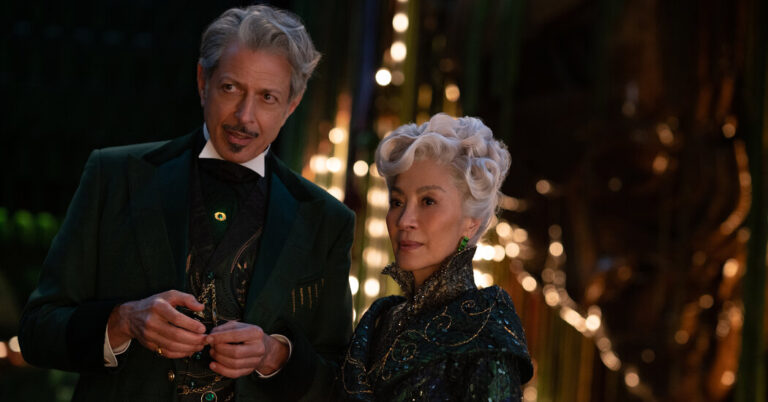Love Island USA is having its most-watched season yet, but its newfound popularity has come with a dark side. Contestants have been relentlessly cyberbullied on social media, prompting the show to air a statement during a recent episode with a plea for viewers to halt the harassment. The show’s host, Ariana Madix, also asked viewers to rethink their posts and how they could impact the cast.
The show places everyday men and women in a villa in Fiji to compete and find love, often helping contestants secure millions of social media followers, brand deals, and appearance requests. However, the downsides of overnight fame have been well-documented, with some contestants complaining about depression, anxiety, and relentless scrutiny. Two contestants from the UK version of the show died by suicide after appearing on the show, prompting the British government to launch an inquiry into reality television.
Behavioural psychologist Jo Hemmings, who has worked with reality TV productions, said that the US has not made the same strides as the UK in addressing welfare concerns. She noted that producers want excitement and jeopardy, but on-set psychologists are ensuring stability and healthy behaviours. Love Island says it offers contestants support before, during, and after production, and continues to adjust its mental health offerings to meet changing needs.
On the USA version, ITV America employs a duty of care representative, two on-site psychologists, and a welfare manager to help islanders. Contestants are also briefed about negative press, social media interactions, and public perceptions before they are cast on the show. However, the mental health awareness has come from hard lessons, with some contestants complaining about depression or anxiety after appearing on the show.
Social media can act as a double-edged sword for contestants, with Dr Jamie Huysman noting that it has “made it hell” for some. Contestants want fame, but they’re not the only ones who feel a rush by getting likes and followers online. Average viewers on social media are also chasing that same gratification when they make memes or posts that become popular, and they are often incentivized to be critical.
The show’s popularity in the US has spurred a spin-off dubbed “Beyond the Villa”, which is set to air next month and follow Season 6 Islanders as they navigate life in Los Angeles after the show. However, the success has also led to a rise in negative comments about the cast, who have been relentlessly criticized over their appearances and actions. The show broadcast a message in the middle of an episode, stating that “the keyword in Love Island is… Love” and pleading with viewers to stop cyberbullying, harassment, and hate.
Members of the cast do not have access to their cell phones or social media while on the island, but their friends and family have been responding to some of the harassment. The show has routinely defended itself and its cohesive psychological support system, but similar critiques have been made toward reality TV production broadly. Reality star Bethenny Frankel has argued that reality stars should be unionized, and several lawsuits have been filed challenging the treatment of casts on shows like “Love Is Blind”, “The Real Housewives”, and “Vanderpump Rules”.
Suzie Gibson, a senior lecturer in English at Charles Sturt University, compared reality TV stars to “modern-day gladiators, battling for love, fame, and Instagram followers”. Audiences can live vicariously through their favorites, while hoping for others’ dismissal or ridicule.
Source link




